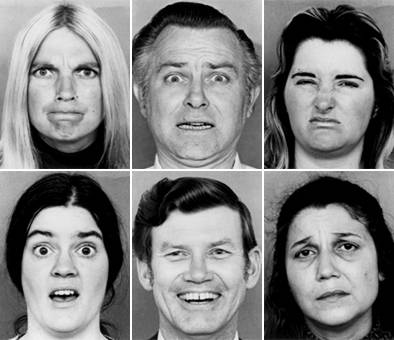Heartfelt Homeward
Only that traveling is good which reveals to me the value of home and enables me to enjoy it better. – Henry David Thoreau
There really is nothing like returning to your childhood home. Or in my case, returning to the place I lived last year as a semi-grown adult.
And after spending the last year in Columbus, OH with two other guys in a rundown apartment where the majority of my food preparation was inputting three minutes on the microwave (or for fancy food, 1.5 minutes, a quick stir, then another 1.5 minutes) it’s quite lovely to be back in Portland.
Having your dad do the cooking for you. Having your mom do the laundry for you. No mice in your kitchen or hole in the roof that leaks water you only discover when you slip on it and spill your fresh bowl of pasta everywhere.
Yes, that was upsetting.
But it’s not just anecdotal accounts that ascribe such pleasure to returning home. There’s actual science! And in fact, my undergrad professor, Jerry Burger, was the one to conduct it.
Offering $25 to anyone who would come in for an hour-long session to fill out some surveys and respond to some personal inquiries, he provided an open-ended question to

participants (average age of 50) on whether or not he or she had ever returned to their childhood home.
And in fact, two-thirds of all people who came in expressed that they had sojourned to their childhood abode after moving away—even those who hadn’t been home for 40 years! Furthermore, a fourth of the participants actually refused payment because they had simply enjoyed talking about their home so much.
Although this isn’t the most “scientific” study, further research goes on to confirm and expand these original findings. Now, a basic explanation for this emotional connection stems from two fundamental psychological phenomena: classical conditioning and the Pollyanna principle.
I’ve covered classical conditioning previously, but essentially by having either positive or negative emotions in or around your home, you are pairing an event with the object, that is, when you think about the object (i.e. your home), it evokes the event (i.e. happy memories).
Now, even though we have both positive and negative memories associated with our home, the Pollyanna principle states that as time passes, our memory becomes better at recalling the positive aspects of an event/object rather than the negative ones.
For example, psychologists interviewed a group of bicyclists before, during, and after a 3-week ride through California. Although 61% of the bicyclists were disappointed toward the end of the trip, one week later, only 11% were disappointed.
It is true (and deeply saddening) that some people have had such negative childhood experiences that it precludes any joy they deserved to have experienced. However, for those of us blessed enough to have had a loving home, take a moment to recall some of those memories, and remember, with time, they’re only bound to get better.
Homewardly,
jdt








Jake
I left Portland after graduating from U of O 46 years ago and have lived many places. Even though many folks have passed (parents, your grandparents, aunts and uncles) it is always good to return. Even though I love Oregon I could never live there again. After being Nanook of the North in Air Force, I vowed (my only vow in life) never to live in the cold again.
To me, it is amazing that a person can live in one place forever. “The road goes on forever, and the party never ends.
Good luck on your journey.
Vince
Thank you for the kind and sage words, Vince.
I agree: travel is good for the soul. In my short span on this planet, I’ve lived in Portland, Northern California, Thailand (for four months), and now Ohio. Each place has had its own quirks and incited its own memories.
I’m glad you’ve found great places in your own travels, but if you really don’t like the cold, Columbus, OH is not for you haha (We got down to -11 and below this winter.)
Another great blog Jake!!
Thanks for the kind words, Patty! It’s always a treat to hear from you 🙂